
Light Needs

Mature Height

Mature Spread

Growing Zones
Create an edible and attractive landscape for you, the birds, or both with Northland Blueberry (Vaccinium corymbosum Northland). This popular native blueberry grows in a compact size (no more than 5 feet high and wide) but is packed with a high yield of fruit. Between flowering and fruiting, this Highbush blueberry will attract bees, butterflies, and birds to your garden. Then come late July through early August, you can enjoy the delicious taste and nutrition of fresh blueberries. After it’s done fruiting, enjoy watching the leaves turn in fall.
Northland Blueberry Bush Care
Choose a spot with full sun (at least 6 hours a day) and set healthy transplants out in early spring in a hole that is at least two times as large as the root ball around the plant. Add good quality soil and some moistened peat moss. Do not add fertilizer at planting; wait about 3 to 4 weeks. Keep the plant watered well so its roots do not dry out while growing in their new home. Space each blueberry at least 5 feet apart to give them room to grow (and for you to get to the fruit).
Growing Northland Blueberry Bushes
In the first year of growth, remove flowers that appear. Your new blueberry bush needs to put energy toward rooting and growing; it will not produce a yield of fruit for another season or two. Prune any dead out at planting time and as needed in the first year or two of growth. Continue to remove the oldest branches with no production and let some new branches fill in. If birds are eating your new berries, add bird netting over the shrubs. Add a fresh layer of organic mulch above the plant each year.
Growing Northland Blueberry Bushes in Containers
Northland blueberry prefers growing in the ground but it can grow in a large container that is at least 2 feet deep and wide. Make sure it has drainage and keep the plant consistently watered. Use a soil that is 50 percent standard potting mix and 50 percent peat moss. Place the container in full sun, giving it a little afternoon shade at first. Mulch will help retain some moisture.
Watering Northland Blueberry Bushes
Water plants often and consistently, especially in their first year and while flowering and fruiting. Give container-grown plants more frequent watering, since they will dry out faster.
Feeding Northland Blueberry Bushes
Do not fertilize at planting time. Fertilize after every few weeks with a balanced fertilizer, and avoid fertilizing after late July.
Northland Blueberry Bush Information
| USDA Hardiness Zones: 3 - 8 |
| Plant Type: Edible Plants |
| Light Exposure: Full Sun (At Least 6 Hours Of Direct Sunlight) |
| Mature Height: 4 - 5 Feet |
| Mature Spread: 4 - 5 Feet |
| Spacing: 4 - 5 Feet |
| Habit: Upright, Spreading |
| Flower Color(s): Green |
| Flower Description: |
| Bloom Period: May |
| Foliage Type: Deciduous |
| Foliage Color(s): Green |
| Foliage Description: Purplish-Red |
| Seasonal Interest: Spring Flowering |
| Watering: Average |
| Resists: Pests & Insects |
| Tolerates: Drought |
| Attracts: Bees, Birds, Butterflies |
| Container Role: |
| Uses: Specimen or Focal Point, Wildlife Gardens |
| Features: Attracts Pollinators, Foliage Interest, Native to North America, Soft |
| Self Fertile: No |
|
Major Branch: Northern Highbush |
|
Harvest Period: Early - Mid Season |
|
Fruit Size: Medium |
|
Fruit Color: Dark |
|
Fruit Flavor: Sweet |
| Brand: |
| Common Name: Northland Blueberry |
| Other Name(s): |
| Scientific Name: VACCINIUM CORYMBOSUM `NORTHLAND` |
Simple Plant Spacing Calculator
Please Note: The pictures below are to give a general representation of the different container sizes. The actual size/ages of plants are estimates and will vary based on type of plant, time of year, last pruning & many other factors.
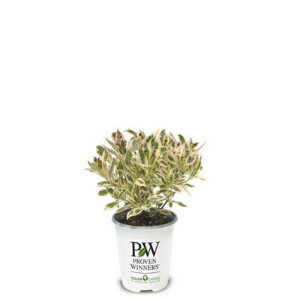
Also Known As:
Quart
Plant Age:
~ 6 months - 1 year
Plant Size:
~ 4"-8"
Pot Size:
~ 4.75"H x 4.5"W
Volume:
1.50 quarts
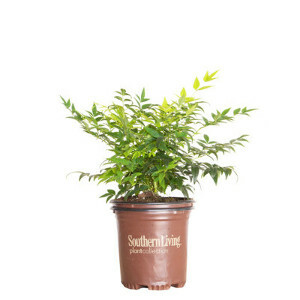
Also Known As:
2.5 Quart Pot
Plant Age:
~ 1 - 2 years old
Plant Size:
~ 8"-12"
Pot Size:
~ 6.5"H x 6.5"W
Volume:
2.20-2.30 quarts
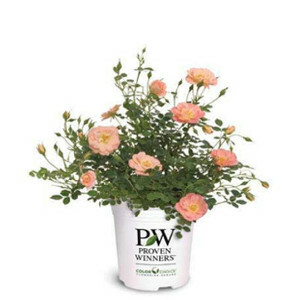
Also Known As:
#1 Container
1 Gallon
Plant Age:
~ 1 - 2 years old
Plant Size:
~ 10"-14"
Pot Size:
~ 7"H x 7.75"W
Volume:
2.26-3.73 quarts
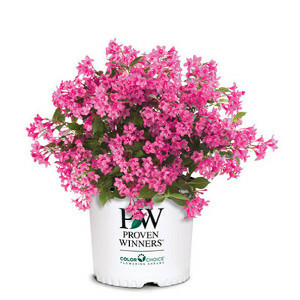
Also Known As:
#2 Container
2 Gallon
Plant Age:
~ 1.5 - 3 years old
Plant Size:
~ 12"-18"
Pot Size:
~ 9.5"H x 9.5"W
Volume:
1.19-1.76 gallons
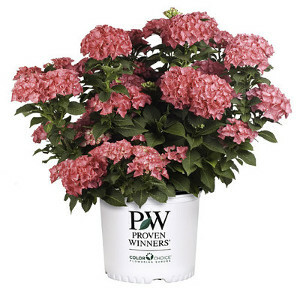
Also Known As:
#3 Container
3 Gallon
Plant Age:
~ 2 - 4 years old
Plant Size:
~ 12"-30"
Pot Size:
~9.5"H x 11"W
Volume:
2.32-2.76 gallons

Also Known As:
#5 Container
5 Gallon
Plant Age:
~3-4 years old
Plant Size:
~ 20" - 60"
Pot Size:
~11" H x 10 1/2” W
Volume:
3.5 - 4 gallons
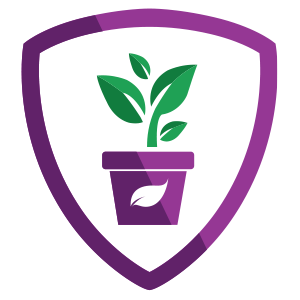
We stand behind our plants with industry-leading guarantees to give you peace of mind.
We want your plants to arrive in great condition! If you notice any issues upon delivery, contact us within 3 days.
Starting January 1, 2026 all bushes, perennials & trees purchased come with an extended 1-year warranty for added confidence. If your plant dies due to a health issue within a year, we’ll make it right.

Pre-ordered plants are scheduled to ship in Spring 2026. We carefully plan our shipping dates based on your USDA Plant Hardiness Zone to ensure optimal planting conditions upon arrival. Want it sooner/later? Reach out, and we'll try our best to accommodate.
Estimated ship week for pre-ordered plants will ship based on growing zones as shown below.
| Growing Zone | Estimated Ship Week |
|---|---|
| Zone 10 | March 30th |
| Zone 9 | March 30th |
| Zone 8 | April 6th |
| Zone 7 | April 13th |
| Zone 6b | April 20st |
| Zone 6a | April 27th |
| Zone 5b | May 4th |
| Zone 5a | May 11th |
| Zone 4 | May 18th |
| Zone 3 | May 25th |
Note: These are only estimated ship dates. Plants may ship out later depending on weather & growing conditions of the plant.
Note: Only plants indicated as pre-order will ship as shown above. All other plants and hard goods will ship as normal.
Plants that are currently in stock typically ship within 2-7 business days after your order is placed.
Plant Addicts ships to the lower 48 states within the U.S. Unfortunately, we do not currently ship to Alaska, Hawaii, or internationally.
This plant cannot be shipped to the following states: Oregon, AK, HI. These restrictions apply only to this specific plant due to agricultural regulations or other limitations. Other plants may still be available for shipping to these states.
If you have any questions about shipping restrictions, feel free to reach out to our team!

